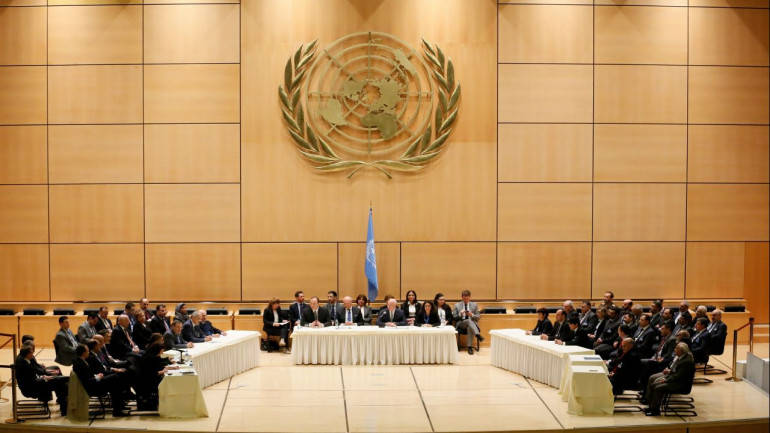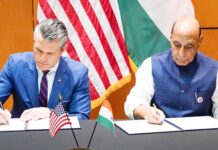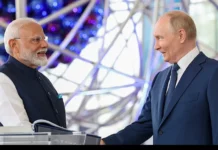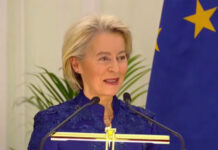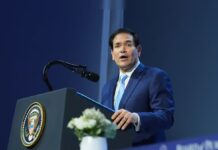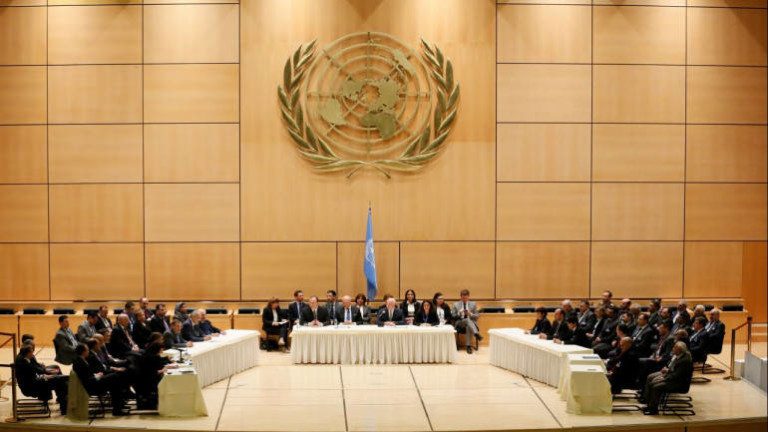 NOIDA (UP): The United Nations Sunday officially invited Uttar Pradesh’s Noida and Greater Noida to become a member of its initiative which aims to create 25 model cities across the world that will be fully compliant with the sustainable development goals by 2025, officials said.
NOIDA (UP): The United Nations Sunday officially invited Uttar Pradesh’s Noida and Greater Noida to become a member of its initiative which aims to create 25 model cities across the world that will be fully compliant with the sustainable development goals by 2025, officials said.
The twin-cities in Gautam Buddh Nagar district, adjoining the national capital, have been selected in the “University City” category ahead of Mumbai and Bengaluru, which were also under UN consideration for the initiative, as the only invitee from India, a senior UN official said.
“Noida (along with Greater Noida) has been formally invited to participate in this showcase ‘Race to Sustainability’ among 25 global cities to become fully compliant with the Sustainable Development Goals by 2025 under the UN Global Sustainable Development Goals (SDG) cities initiative,” Senior UN Advisor and CEO UN Global Sustainability Index Institute (UNGSII) Roland Schatz told reporters here.
Schatz formally extended the invitation Sunday to Gautam Buddh Nagar District Magistrate Brajesh Narain Singh in the presence of Shubhro Sen, the principal advisor, India, SDG Initiative, and Ajay Davessar, Advisor to UNGSII India.
In September 2015, the UN General Assembly adopted the 2030 Agenda for Sustainable Development that includes 17 SDGs, otherwise known as the Global Goals, a universal call to action to end poverty, protect the planet and ensure that all people enjoy peace and prosperity.
Schatz highlighted that the SDG cities initiative will lead to an unprecedented inflow of global knowledge, resources and capacity-building into Noida and Greater Noida via various UN agencies, partners and corporate supporters.
According to the official invitation letter, agreeing to the invitation for the long term project would entitle Noida-Greater Noida for a “multi-million US dollars finance and implementation know-how for each of the 17 SDGs along the defined KPIs (key performance indicators),” among other benefits.
Shcatz said the goal is to work together with other participating university cities like Cambridge, Palo Alto, Trondheim, Espoo and Heidelberg to create Sustainability Innovation and Research Hubs.
“We need to get Noida on the map not only in India but all over the world because if the United Nations is managing together every person on the planet to reach these so called SDG by 2030, we need to understand and learn from each other,” he said.
District Magistrate Singh said he would forward the invitation to the government for its approval as he hailed it as a “significant moment” for the district, which has lakhs of students.
“This is a proud moment for Noida and Greater Noida to be selected for this exciting global showcase. Now I will forward this invitation to the Uttar Pradesh government which is very positive about development works,” Singh said.
“We are about 600 government schools at primary level, 139 schools which are affiliated with CBSE, eight universities with more than 50,000 students they need direction and to be linked with what is happening elsewhere in the world. This initiative, I think, will also overall growth in both Noida and Greater Noida,” he added.
Sen said the 25 cities will be first selected which will serve as role models for other cities in the world towards achieving the SDG 2030 goal.
Noida has the basic infrastructure and is going to the city of future if we bring here the global expertise, knowledge and resources in this sustainable development connection then Noida’s can grow even more quickly and become an important city in the world, he said.
“Once the state government agrees to the invitation, the doors of the United Nations would be opened for Noida-Greater Noida under this initiative,” he said.
Asked about the measures to be taken during the seven years for achievement of the SDGs, Schatz said the cities would analysts and experts along with data-based evaluation systems to monitor performance every three months.
“We bring a team from UN smart cities programme who have developed a matrix on all the 17 parameters like how much water do you need, who much energy is required, is gender equality there … and now we have these matrix in place to bring in transparency to find where are we in 2019, 2021 and where are we going to be in 2025, he said. PTI

